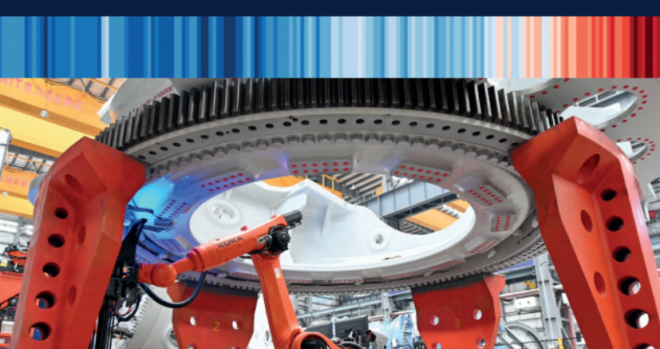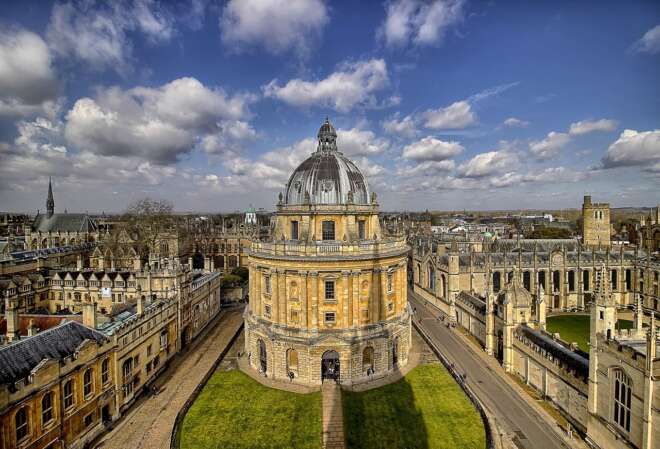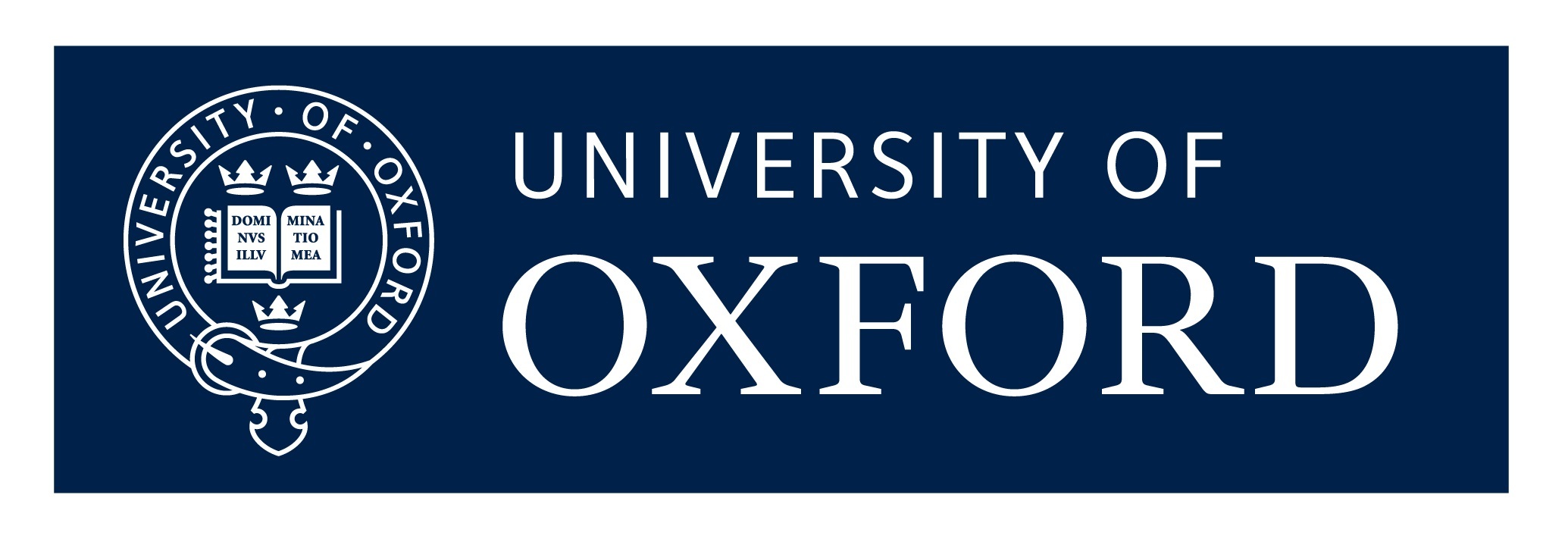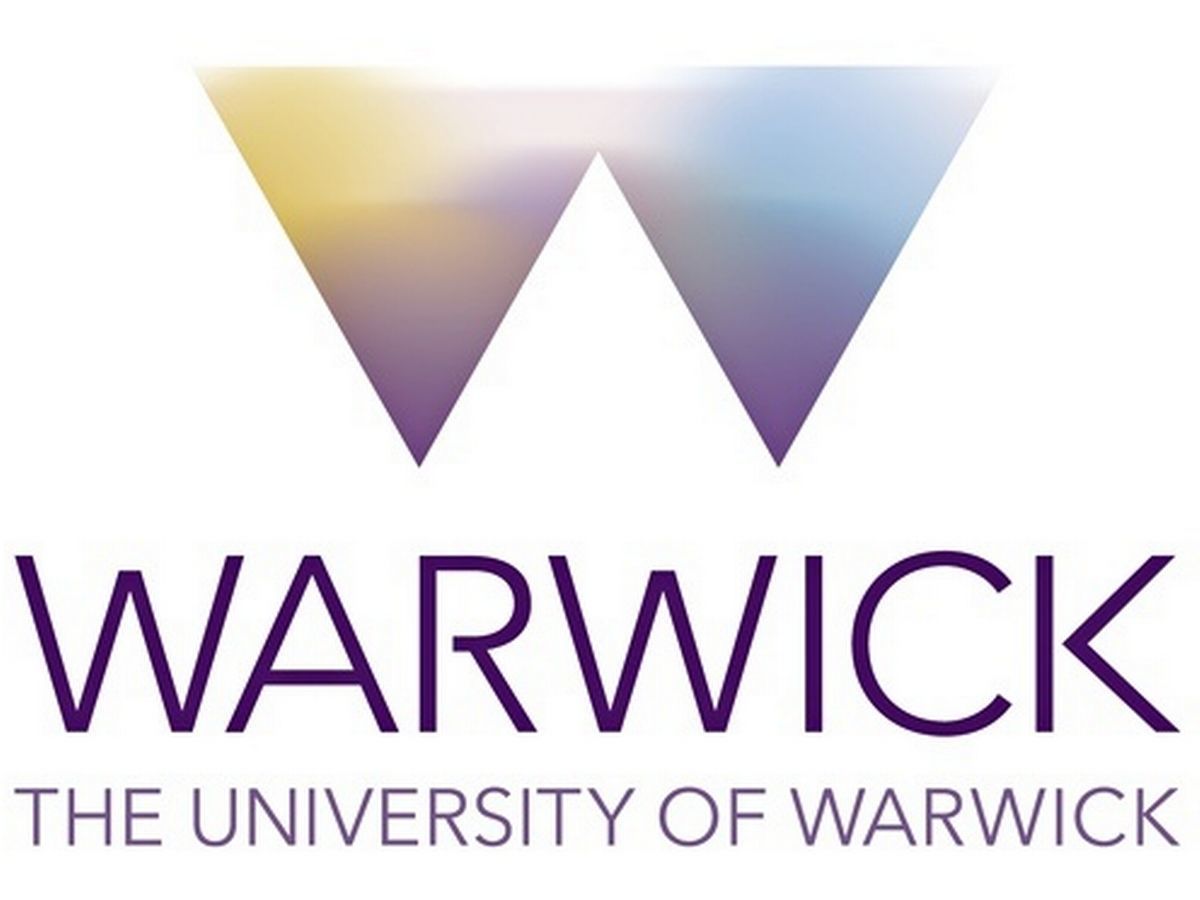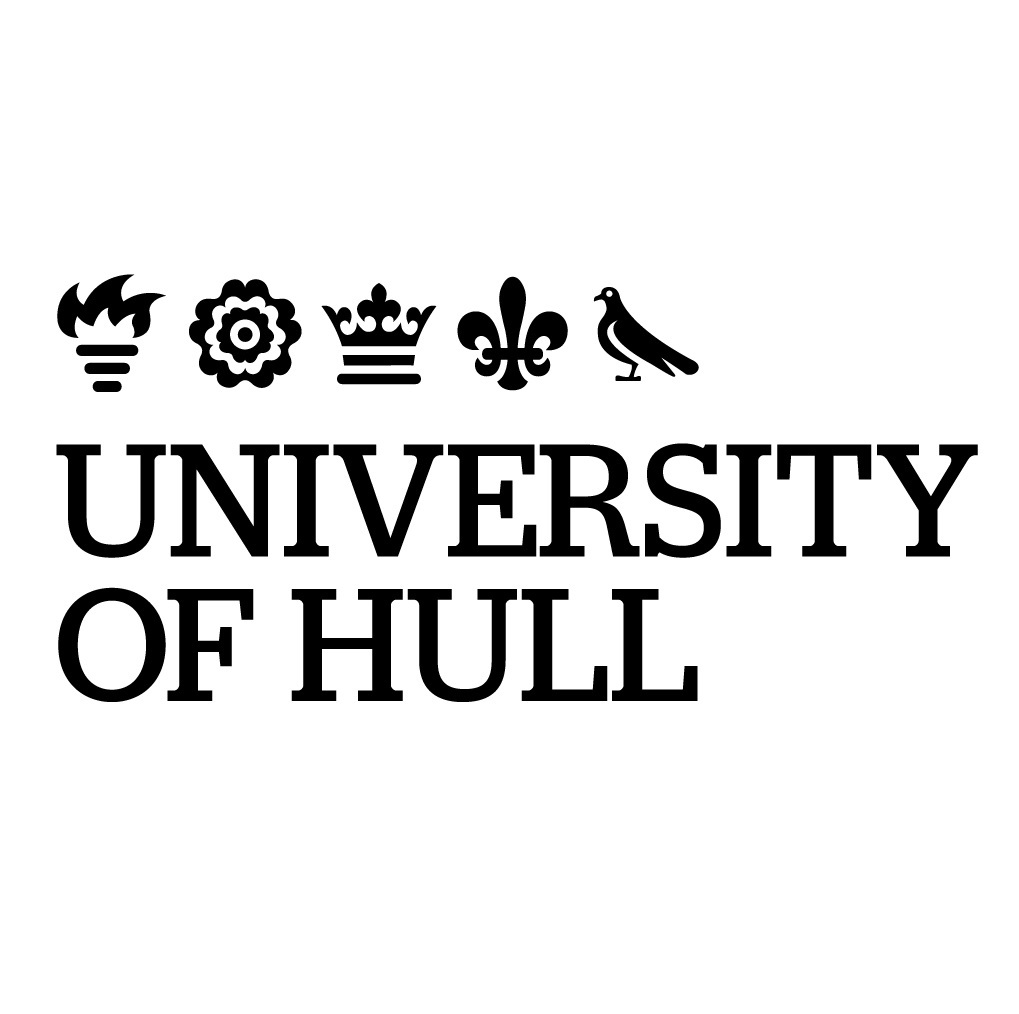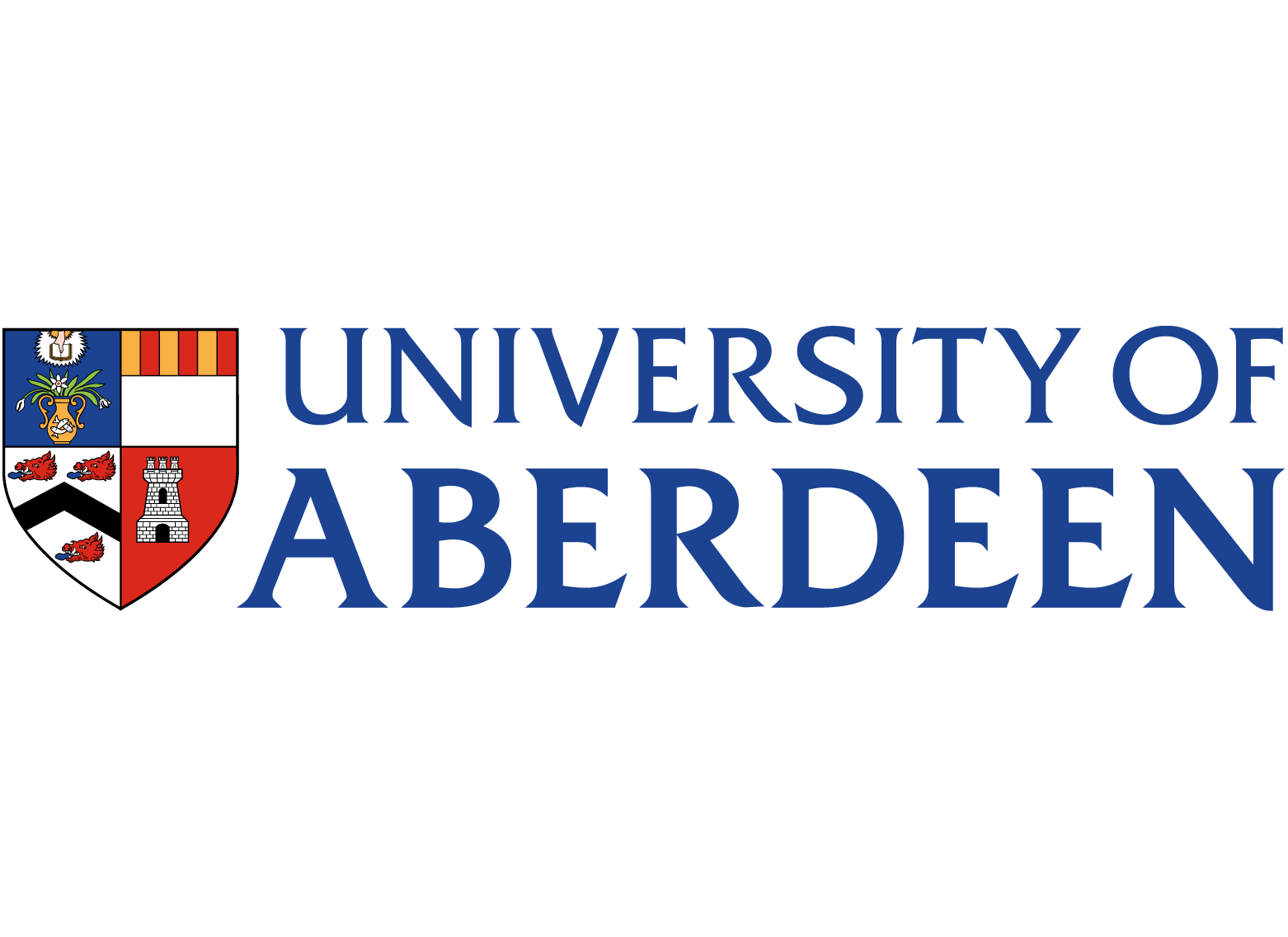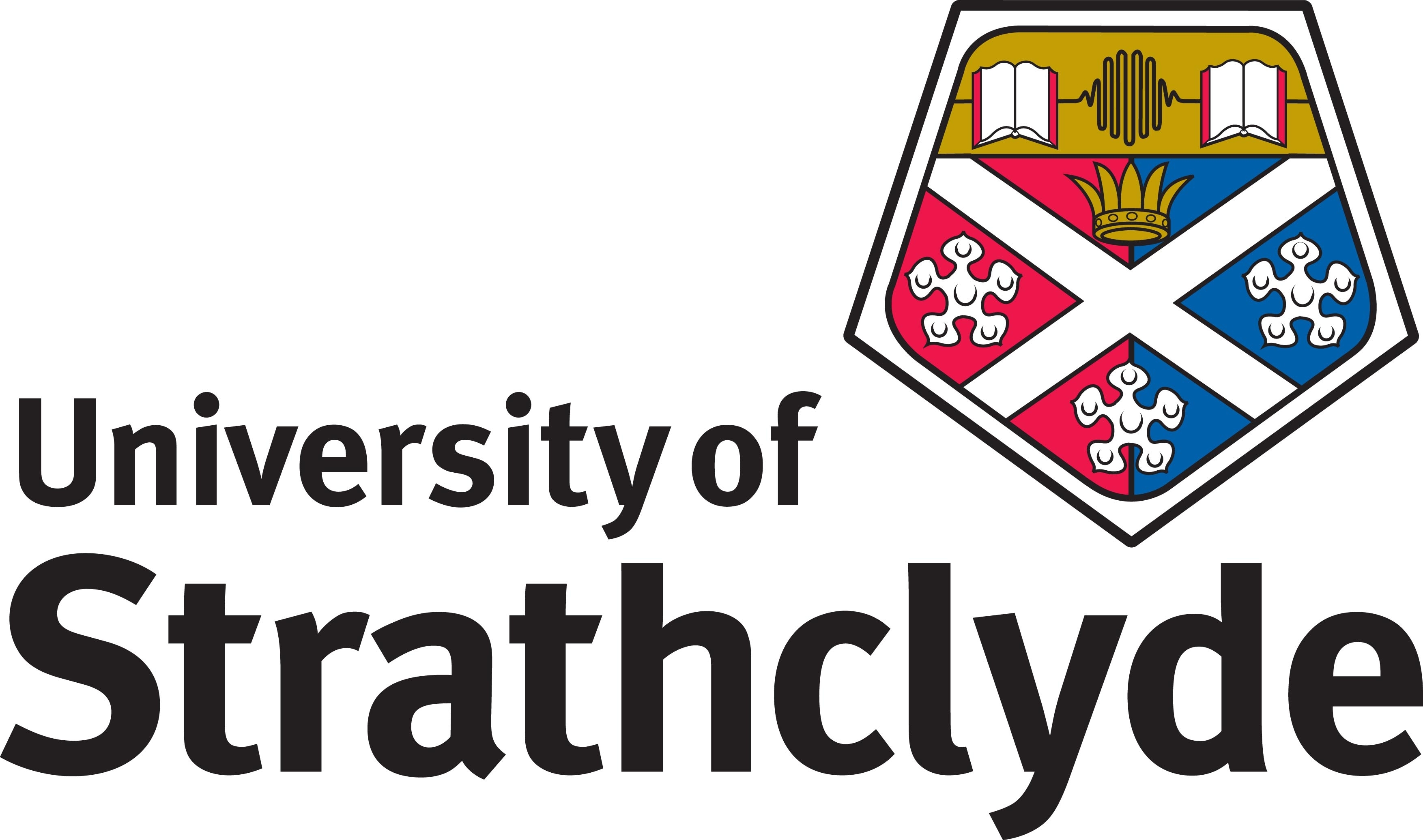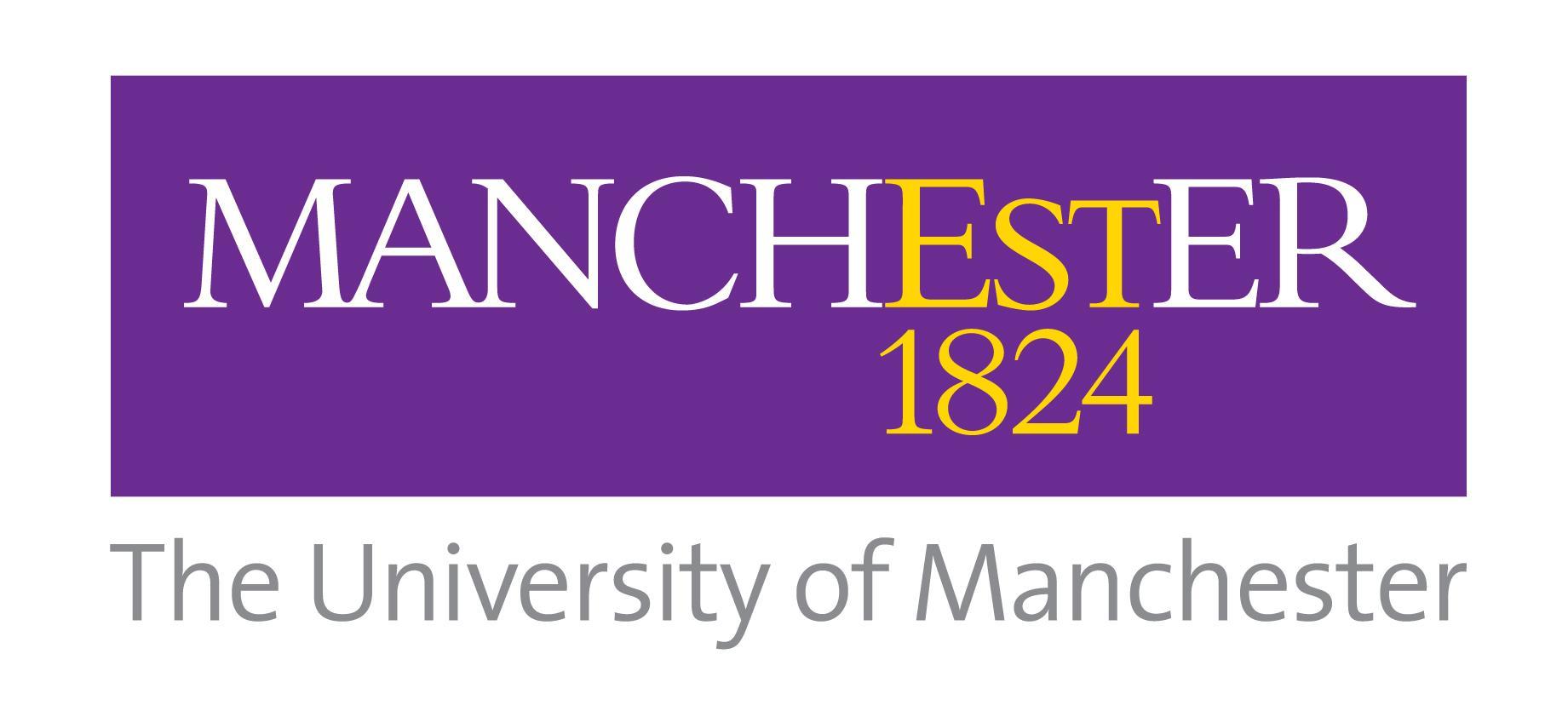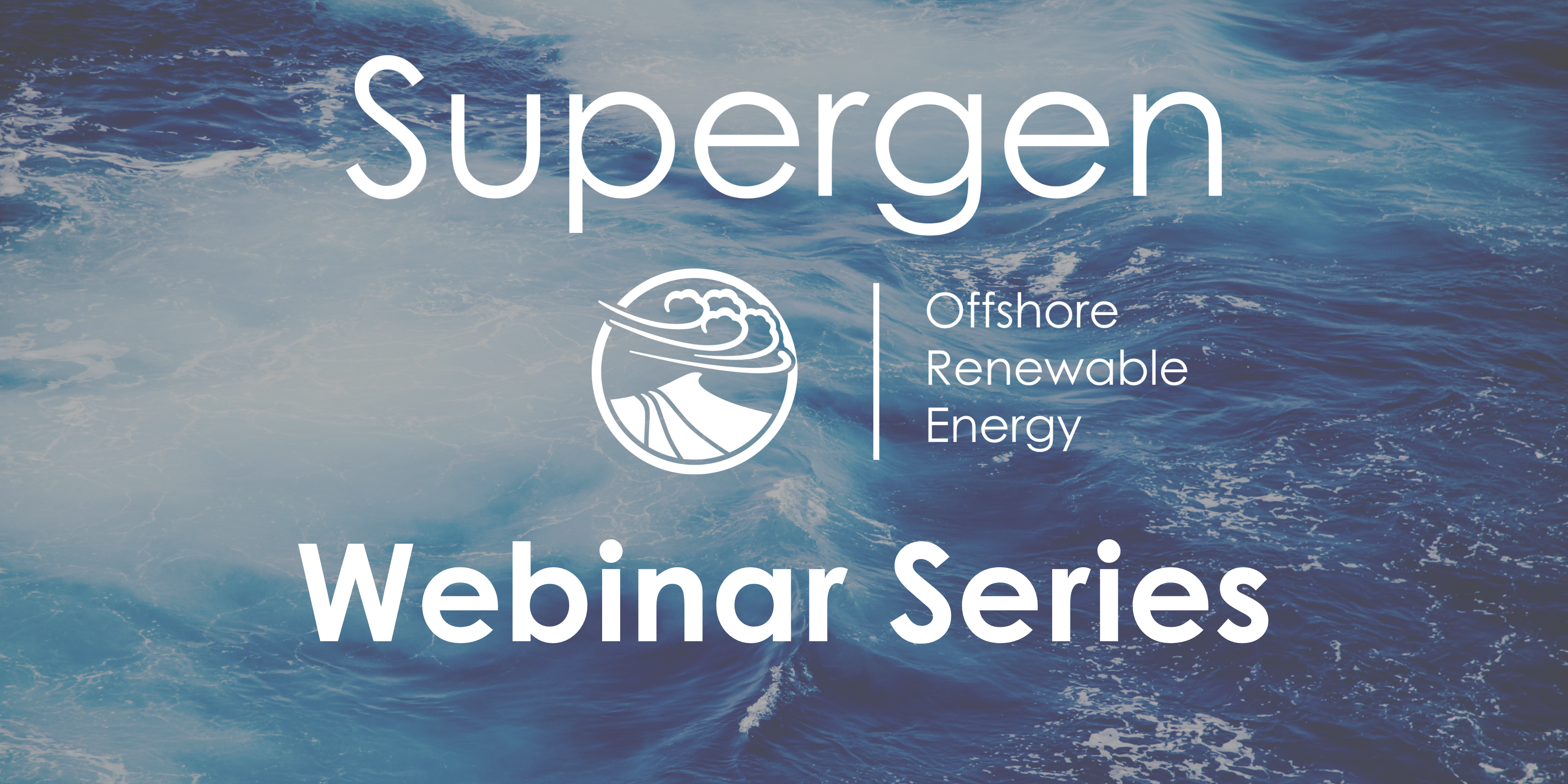
The Supergen ORE Hub is pleased to present the next topic in our new webinar series sharing the latest insights and innovations in offshore renewable energy research and giving a platform to those working at the forefront of ORE research. Find out more about previous webinars and watch recordings here.
About the webinar
This webinar explores the current findings and updates from the Physics-to-Ecosystem Level Assessment of Impacts of Offshore Windfarms Project (PELAgIO). The potential changes in the physics and primary production are presented together with the current methodologies used to investigate such changes at small and large scales. The PELAgIO project will support the development of evidence-based policy and marine management through interdisciplinary research that explores the consequences of offshore wind development on marine environments, marine wildlife, and wider ecosystem structures. Beth Scott introduces the PELAgIO project which is within the NERC ECOWind programme. Find out more about the PELAgIO project here.
About the speakers
Arianna Zampollo is a Research Assistant in the School of Biological Science at the University of Aberdeen. Arianna specialises in modelling hydrodynamic and primary production changes within Offshore Renewable Energy deployments in the North Sea. Her main focus is understanding temporal and spatial changes of primary production in different hydrodynamic regimes where several arrays of offshore wind turbines will be deployed. Before starting her PhD at the University of Aberdeen, Arianna had a BS in Natural Sciences and an MS in Environmental and Land Management at Università degli Studi di Torino in Italy, and she contributed to investigating the spatial distribution of bottlenose dolphins and loggerhead turtles in the northeastern Mediterranean Sea.
Professor Beth Scott is a Professor in Marine Ecology at the University of Aberdeen. She conducts multi-disciplinary research using her expertise in marine ecology, oceanography and fisheries sciences. Her research identifies general rules in bio-physical oceanographic processes that lead to the creation of hotspots of biodiversity and predator-prey activity. Specifically, her research group defines biological and physical variables that provide the limited, patchy locations and conditions where energy is transferred across trophic levels in marine food webs. Her research team using approaches ranging from the collection and use of fine scale (second by second) information throughout the water column as well as the analysis of large scale (100s or km) long term data sets on spatial and population dynamics. Both scales of information are also used within simulation modelling methods which are agent based. Recently her research portfolio has been focused on the understanding of the effects of marine renewable energy systems on multi-trophic interactions and the methods for co-developing a Marine Spatial Planning (MSP) decision-support system with a range of stakeholders (industry, government, NGOs, etc.) to better incorporate ecosystem service knowledge and values into effective policies.

